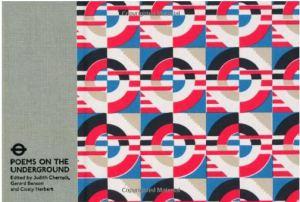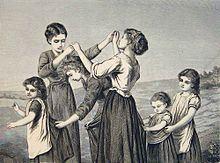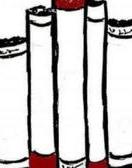Browsing through the ‘One City One Book’ poetry book, If Ever You Go brought to my mind last year’s birthday present from my daughter. She chose to buy me the new edition of Poems on the Underground, which I have been picking up to read every so often. For this edition, the editors have decided to collect poems into themed sections including The Darker Side, The Artist as ‘Maker’, Exile and Loss and The Wider World. All of the poems in the anthology have been featured on the London Underground poetry posters at some point since the project began in 1986. My smart new edition was published to coincide with the 150th anniversary of the famous underground.

Poetry in Motion
It seemed appropriate to follow on from April’s Dublin theme, with a poem from the section on London. I have chosen one from that ever-prolific poet Anonymous, as a nod towards my last #PoetryinJune blog post in 2013 when he/she insisted on sneaking in to close the series. Another reason for choosing this lighthearted London poem is that many of you probably remember it from childhood (or at least a version of it). According to a Wikipedia article the following version first appeared in Tommy Thumb’s Pretty Song Book, c 1774 (but with ‘ye’ rather than ‘the’). An excellent source of information about nursery rhymes is Iona and Peter Opie’s The Oxford Dictionary of Nursery Rhymes (Oxford University Press), though I’m not sure if it’s still in print. I thought I had a copy tucked away somewhere but it must have been wishful thinking on my part. I think I’m right in saying that Iona and Peter Opie’s work on British nursery rhymes and childhood lore in general is the best source available.
London Bells
Two sticks and an apple,
Ring the bells at Whitechapel
Old Father Bald Pate,
Ring the bells at Aldgate
Maids in white aprons,
Ring the bells at St Catherine’s.
Oranges and lemons,
Ring the bells at St Clement’s.
When will you pay me?
Ring the bells at the Old Bailey.
When I am rich,
Ring the bells at Fleetditch
When will that be?
Ring the bells at Stepney.
When I am old,
Ring the great bell at Paul’s.
This is the version that I grew up with; the last bell was sung to represent a very deep, slow, imposing peal:

Oranges and Lemons
Oranges and lemons,
Say the bells of St. Clement’s.
You owe me five farthings,
Say the bells of St. Martin’s.
When will you pay me?
Say the bells of Old Bailey.
When I grow rich,
Say the bells of Shoreditch.
When will that be?
Say the bells of Stepney.
I do not know,
Says the great bell of Bow.
Here comes a candle to light you to bed,
And here comes a chopper to chop off your head!
The Wikipedia article I’ve linked above suggests some meanings behind the rhyme and also quotes yet another version of it. We used to play the game illustrated in this nineteenth century plate, when you went round and round and got your head ‘chopped off’ if you were too slow. It’s strange how you play games as a child without ever really thinking about what the words or rituals mean. But let’s not get into too much blood thirsty stuff now, as I shall be off to bed shortly and don’t want to be dreaming of the dark doings in the Tower of London.
So, altogether now:
Here comes a candle…

